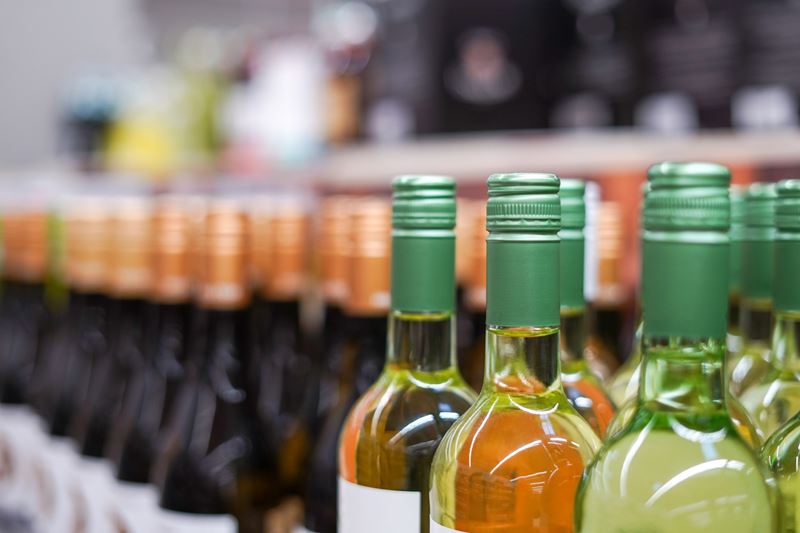The Evolution of Wine Packaging: Tackling the Environmental Challenge
How Wine Producers are Addressing Sustainability
2024-01-17

In the world of wine, tradition often takes precedence. The image of uncorking a bottle of wine, the sound of the cork popping, and the ritual of pouring the wine into a glass is an experience deeply ingrained in the culture of wine drinking. However, as the world becomes increasingly aware of environmental concerns, the wine industry is facing a pivotal moment of change. The carbon footprint of traditional wine bottles is a significant environmental concern that can no longer be ignored. This article explores the innovative approaches that various players in the wine industry are taking to address these environmental challenges, balancing tradition with sustainability.
Plastic Bottles: A Controversial Yet Lighter Alternative
The summer introduction of Ron Rubin Winery's line of wines in plastic bottles marked a significant shift in wine packaging. These bottles, made from recycled PET and lined with Plasmax, are approximately 85% lighter than traditional glass bottles. This change significantly reduces greenhouse gas emissions and the energy required for production. However, the use of recycled PET in wine bottling has sparked controversy due to potential chemical contamination, highlighting the complex trade-offs between environmental benefits and product safety.
Reviving the Tradition of Reusable Glass Bottles
Revino, an Oregon-based startup, is working to reintroduce the concept of refillable glass bottles, once a norm in the United States. The company's system involves standard 495-gram bottles that can be refilled up to 50 times, potentially reducing the carbon footprint by up to 85% compared to single-use bottles. This approach not only addresses the environmental impact of wine packaging but also reconnects with a more sustainable tradition lost in the wake of industrialization.
The Move Towards Lighter Glass Bottles
Recognizing the need for immediate action, the Sustainable Wine Roundtable has launched the Bottle Weight Accord, aiming to reduce the average weight of still wine bottles. Large-scale wine producers like Scheid Family Wines and Champagne Telmont are leading the way in this movement. Scheid has significantly reduced its glass usage by shifting to lighter bottles, and Champagne Telmont has made remarkable strides in reducing the weight of their Champagne bottles while maintaining the strength required to contain the wine's pressure.
Balancing Tradition and Sustainability
As the wine industry grapples with its environmental impact, a diverse range of solutions is emerging. From plastic bottles to lighter glass and reusable systems, each approach offers different advantages and challenges. While some solutions may deviate from tradition, they represent a necessary evolution in the face of environmental urgency. The wine industry's response to this challenge is a testament to its ability to innovate while preserving the essence of wine culture.
The shift in wine packaging reflects a broader movement within the industry to adapt to environmental concerns while maintaining the quality and tradition of wine. As the industry continues to evolve, it will be crucial to balance these factors, offering sustainable options that appeal to a range of consumers and uphold the rich heritage of wine.
Founded in 2007, Vinetur® is a registered trademark of VGSC S.L. with a long history in the wine industry.
VGSC, S.L. with VAT number B70255591 is a spanish company legally registered in the Commercial Register of the city of Santiago de Compostela, with registration number: Bulletin 181, Reference 356049 in Volume 13, Page 107, Section 6, Sheet 45028, Entry 2.
Email: [email protected]
Headquarters and offices located in Vilagarcia de Arousa, Spain.